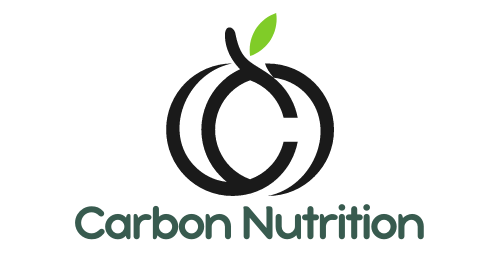Fibre is an essential nutrient to achieving a healthy diet and can be found in cereals, grains, fruits, vegetables, beans, pulses, nuts and seeds. But despite it’s wide availability, the average adult in Britain only gets 15g a day….1/2 of the recommended amount.
What is fibre?
Undigestible carbohydrates that can be either water soluble (blends with water in the gut, forming a gel-like substance) or be insoluble (does not blend with the water and passes through the digestive system mostly intact). As a simple rule of thumb, soluble fibre is from fruits and vegetables while insoluble fibre is from wholegrain and wholemeal foods.
We also have resistant starch, a source of fibre from carbohydrate food groups such as potatoes or green bananas. Levels of resistant starch can increase by cooling and re-heating cooked carbohydrate foods.

Benefits of Fibre
1. Normalise bowel movements by relieving constipation of loose bowel movements
2. Maintain a healthy bowel by being a source of nutrients for good bacteria to thrive
3. Lowers blood cholesterol levels by trapping and preventing the reabsorption of cholesterol from foods
4. Helps control blood sugars by slowing down how quickly sugar (energy) from carbohydrates are absorbed into the blood stream
5. Allows you to achieve a healthy weight by making you feel fuller for longer. This means portions sizes of meals can be reduced
6. Improves mood, mental health and well-being because foods which are high in fibre are also high in vitamins and minerals associated with good mental health.
How to Get Enough Fibre- 30g a day
1. Aim for 2 portions of fruit a day (a smoothy or fruit juice with bits counts as one portion)
2. Include a portion of carbohydrate with each meal. Choosing the least processed or wholegrain/wholemeal option where possible
3. Swap from crisps to popcorn or a handful of nuts as a snack
4. Include 2-3 portions of different (seasonal) vegetables with your lunch and evening meal. Fresh, frozen or tinned vegetables all count
5. Aim for at least 1 meat free main meal a week. Replace meat with beans/lentils
6. Add mixed seeds (whole or ground) to stews, porridge, soups, bread mixes or smoothies.
If you want support on how you can safely increase your fibre in contact Carbon Nutrition for a free 10min consultation
Please visit CAHN’s Youtube page to watch my presentation on “Fibre in an Africa-Caribbean Diet”
